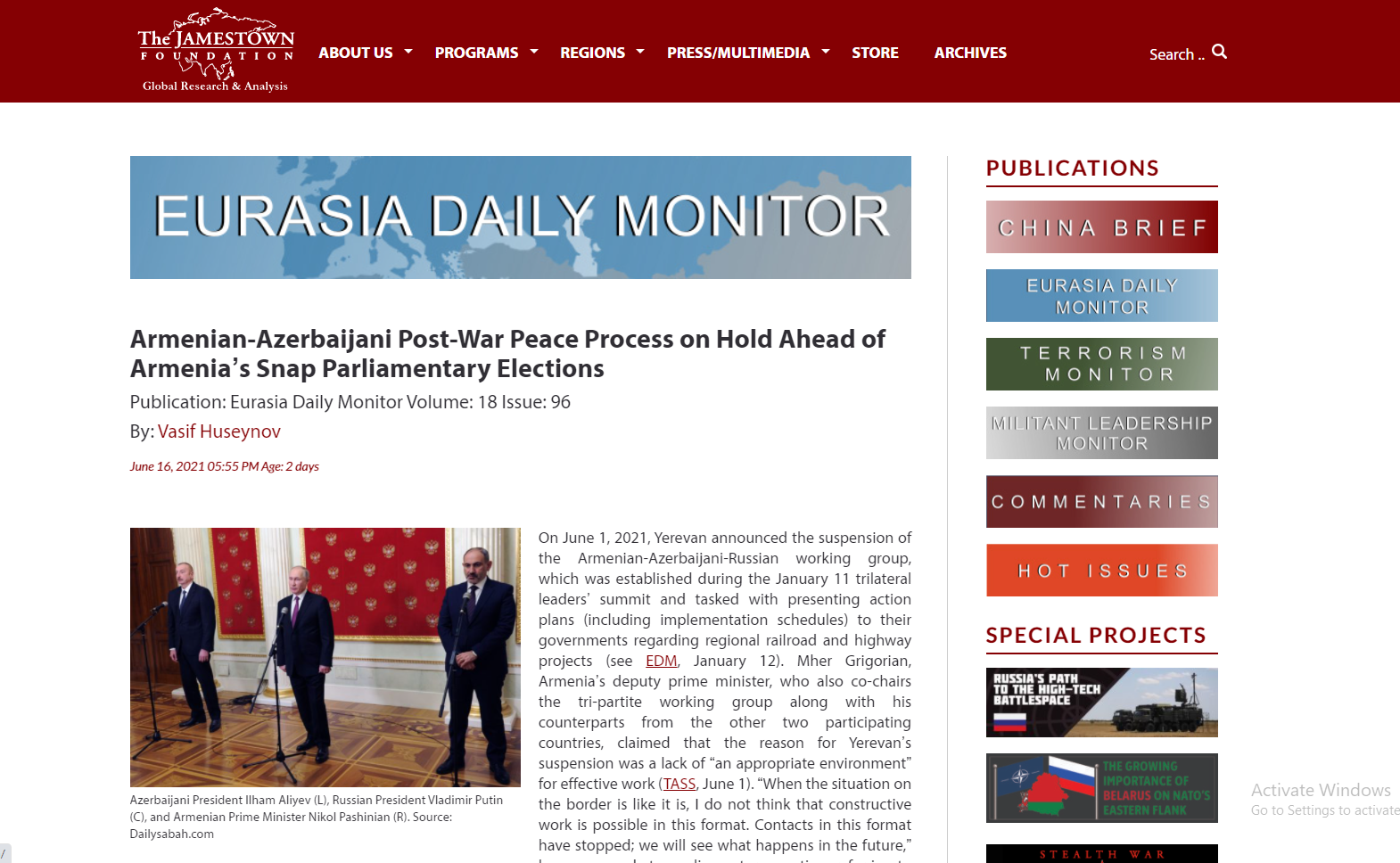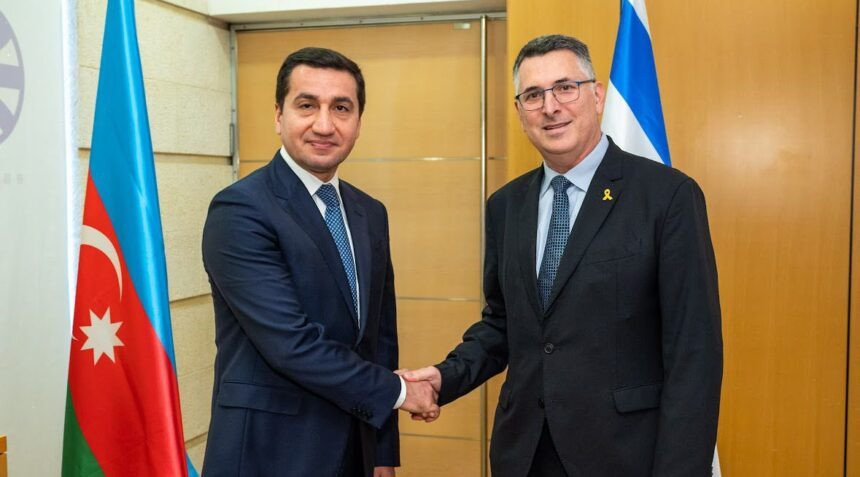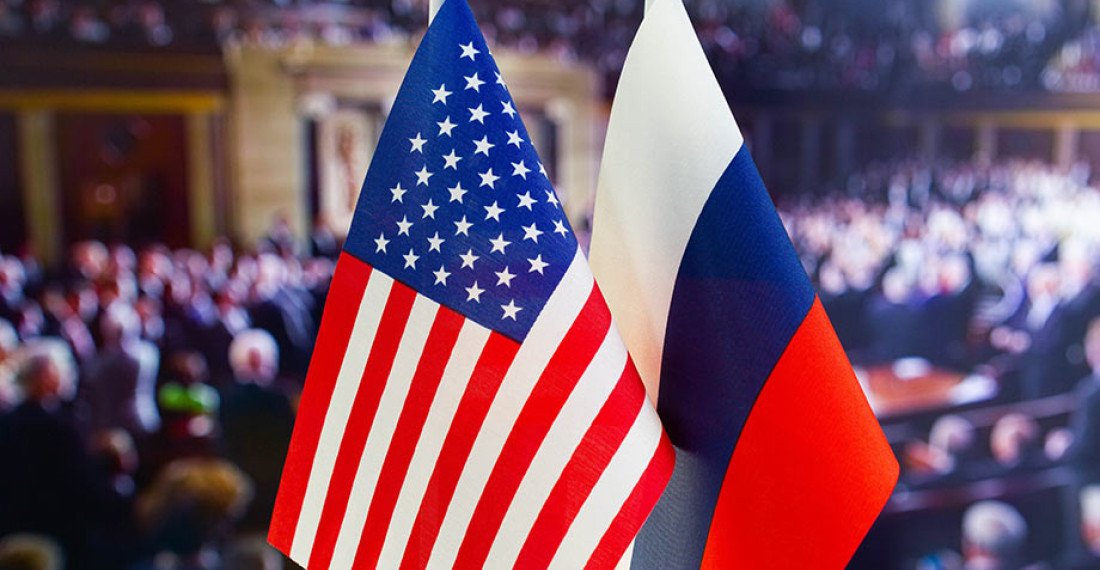On June 1, 2021, Yerevan announced the suspension of the Armenian-Azerbaijani-Russian working group, which was established during the January 11 trilateral leaders’ summit and tasked with presenting action plans (including implementation schedules) to their governments regarding regional railroad and highway projects (see EDM, January 12). Mher Grigorian, Armenia’s deputy prime minister, who also co-chairs the tri-partite working group along with his counterparts from the other two participating countries, claimed that the reason for Yerevan’s suspension was a lack of “an appropriate environment” for effective work (TASS, June 1). “When the situation on the border is like it is, I do not think that constructive work is possible in this format. Contacts in this format have stopped; we will see what happens in the future,” he announced at a parliamentary meeting, referring to the recent escalation between Armenia and Azerbaijan at the state border (see EDM, May 18).
Meanwhile, Azerbaijan has been continuing construction work on the railway connecting Fuzuli district and Agbend (Zangilan district of Azerbaijan), which is planned to be followed by a railway connection between Agbend and Azerbaijan’s Nakhchivan exclave via the Syunik region of Armenia (which Azerbaijan calls the Zangezur corridor) (see EDM, April 5). In early June, Baku also announced the launch of highway construction that will connect the village of Ahmadbayli (Fuzuli district) with Agbend (APA, June 9). The 124-kilometer road is foreseen to be part of a larger highway project linking mainland Azerbaijan with Nakhchivan.
Although the Armenian government had not previously opposed the railway project via the Syunik region connecting the two parts of Azerbaijan, Yerevan has explicitly rejected both the highway and the “Zangezur corridor” ideas promoted by Baku (see EDM, May 24). Azerbaijan, for its part, expects Armenia to adhere to the trilateral ceasefire accord from November 9, 2020, and to provide conditions along the Zangezur corridor akin to those Azerbaijan has provided to the Armenian side at the Lachin corridor (EurasiaNet, June 4). The absence of an agreement on these and other issues between the sides has been further exacerbated by the recently heightened border dispute.
A meeting in Moscow between Armenia’s deputy chief of the General Staff, Arshak Karapetian, the head of the Armenian border service, Arman Gasparian, Azerbaijan’s head of external intelligence Orhan Sultanov, and the commander of Russia’s peacekeeping mission in Karabakh, Rustam Muradov, on June 2, represented a new format of interaction among the three sides, though the regional transportation projects were probably not on the agenda (Sputnik Armenia, June 4). The participating parties reportedly discussed de-escalation on the border and humanitarian issues; but no concrete outcomes were made public.
Hence, it seems that amidst the hotly contested and increasingly combative pre-election period in Armenia (the snap parliamentary elections are scheduled for June 20), negotiations concerning the Zangezur corridor and other transportation projects have been put off until after Armenians go to the polls.
Meanwhile, the proposal to establish a Russian-mediated Armenian-Azerbaijani international commission to settle the two South Caucasus neighbors’ border disputes has yet to be followed up with any concrete actions (Civilnet, May 20). On June 12, at a meeting with foreign diplomats, Azerbaijani President Ilham Aliyev lamented that Baku’s proposal to start negotiations on border delimitation and the establishment of a final peace agreement had so far been ignored by the Armenian side (Moscow-baku.ru, June 12).
Nonetheless, a week prior to Armenia’s parliamentary elections, a major breakthrough had, in fact, been achieved between the two conflicting states. This development has the potential to positively contribute to the emergence of a constructive environment for negotiations over other issues, including transportation projects and a settlement of the shared border. Namely, Yerevan handed over to Baku maps showing the location of 97,000 landmines that Armenian troops had laid in the territories of the formerly occupied Agdam district of Azerbaijan; in exchange, Baku released 15 Armenian detainees(Mfa.gov.az, June 12). These issues had been among the top concerns of the two sides since the establishment of the Russia-brokered ceasefire on November 9.
The breakthrough came as a big surprise for most observers as Armenia had previously, at various official levels, denied the existence of any such minefield maps when presented with repeated Azerbaijani demands to see them (EurasiaNet, June 11). Following the recent swap, however, Armenian Prime Minister Nikol Pashinian admitted that the maps provided to Baku represented only a tiny fraction of such charts owned by Yerevan (TASS, June 13). He also expressed hope that this constructive cooperation would continue—although he specifically refused to call what transpired an “exchange of maps for detainees” (Hetq.am, June 12).
This swap was possible thanks to the mediation of the United States and Georgia (see EDM, June 14), and as such, it represented the first major development between Armenia and Azerbaijan with no Russian involvement since the end of last year’s 44-day war. That said, there is little to no chance the West can continue to play an impactful mediating role between the two conflicting sides. In the aftermath of the parliamentary elections in Armenia, Moscow will do all it can to preserve its position as primary mediator in the post-war negotiations between Baku and Yerevan, including over key issues like the unblocking of regional transportation routes and border delimitation.








